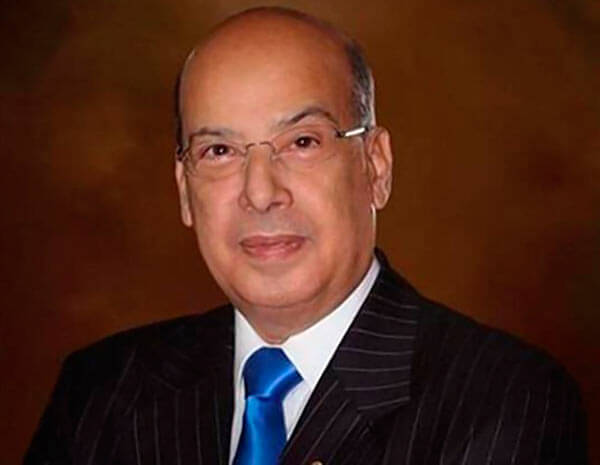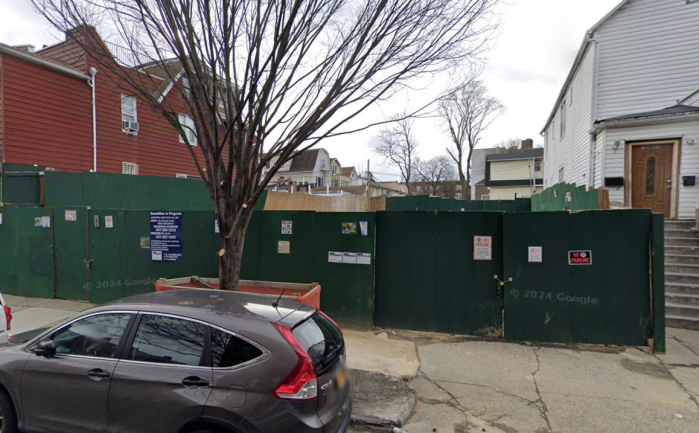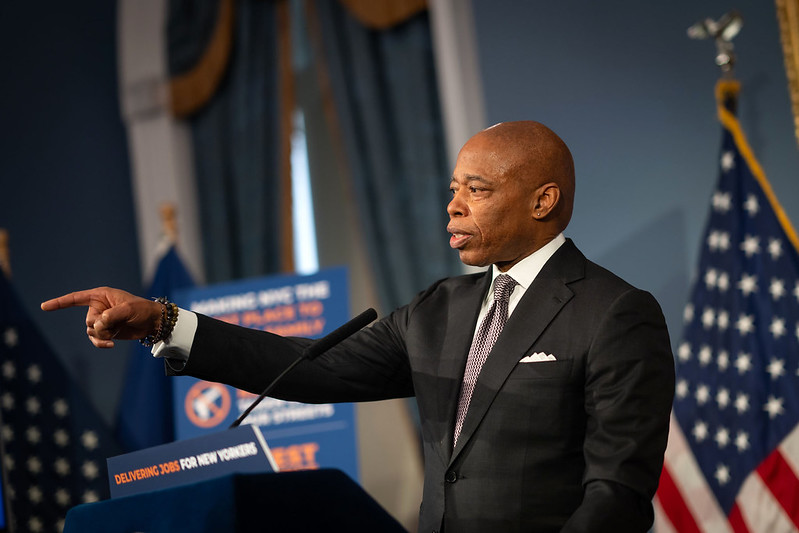Antigua
The Antigua and Barbuda government said a Chinese firm has been showing interest in setting up a new town on Barbuda, which was devastated by Hurricane Irma recently.
A government statement said the firm has expertise in energy and housing and had been invited to brief the Cabinet by Minister of Works and Housing Eustace Lake.
According to the statement, the firm has proposed to construct a complex of several high-rise apartment buildings that could resist hurricane winds exceeding 200 mph.
It said the complex would include a supermarket, cleaners, a drug store, a restaurant, a cinema, clothing stores, a church, car parks and other amenities.
The statement said the team agreed to return with prices and has assured the government that it could arrange financing that is low cost and living spaces that would also be in the reach of families with limited means.
Prime Minister Gaston Browne who had initially declared Barbuda inhabitable following the passage of the Category 5 storm has said it needs in excess of US$200 million to re-develop the island with a population of about 1,600 people.
For the first time in 300 years, there is no one living on the island of Barbuda.
Barbados
Barbados is looking at the medicinal properties of the marijuana plant.
Attorney General Adriel Braithwaite said there were opportunities under the present legal regime to write to the head of the Drug Service for permission or get a doctor to provide a prescription so the capsule or oil could be sourced.
He made the comments while speaking at the regional consultation on marijuana hosted by the National Council on Substance Abuse, in collaboration with the Caribbean Community (CARICOM) Secretariat at the Ministry of Home Affairs.
He said the conversation should not be about legalizing marijuana, but about discussing the properties of the plant and how they can be exploited.
However, he noted that the Regional Commission on Marijuana had experienced some setbacks, some of which were financial and the other as a result of some countries not coming on board.
The commission, he explained, was established to conduct a rigorous enquiry into the social, economic, health and legal issues surrounding marijuana use in the Caribbean to determine whether there should be a change in the current drug classification of marijuana.
Guyana
The Guyana Ministry of Finance has collected approximately $900 million in taxes from “activities connected to oil and gas” for the first half of 2017.
Finance Minister, Winston Jordan, told a press conference held at his Ministry in Georgetown that companies in the oil and gas industry have to pay withholding taxes, which is paid to the Guyana Revenue Authority (GRA).
He said it is a tax levied on income (interest and dividends) from securities owned by a non-resident.
Minister Jordan said these taxes are in addition to the revenues that Guyana is expected to start collecting when oil production commences in 2020.
He said the government has a production-sharing agreement between Exxon and its partners and itself.
Jordan also revealed that Guyana will receive a royalty of two percent on gross earnings and benefit from 50 percent of the profits from the sale of petroleum, once production starts in 2020.
Jamaica
Jamaica has announced plans to reduce the importation of several agricultural products, including tomatoes, carrots, red peas, thyme and green gungo peas, in a bid to increase production of those commodities.
Minister in the Ministry of Industry and Commerce, Agriculture and Fisheries, JC Hutchinson said that by next year, work will start to bring an end to the importation of those foodstuffs.
He said so far this year, farmers have produced 90 percent of the Irish potatoes consumed by Jamaicans, adding this crop, along with onions and Scotch Bonnet peppers, are in a pilot program for increased production.
St. Lucia
In the crucial days following the devastation of Hurricanes Irma and Maria, a team of more than 40 Venezuelan medics, paramedics and rescue specialists were able to lend their services to Dominica and deliver medicine, food, water and humanitarian aid from Venezuela, and other Caribbean islands.
The Organization of Eastern Caribbean States (OECS) Commission joined forces with the Embassy of Venezuela and the government of St. Lucia to provide a steady stream of relief supplies to affected OECS member states.
Using the Hewanorra International Airport in St. Lucia as the operational base for flights from Dominica, the Venezuela Air Force deployed four cargo planes and one helicopter to assist with the relief efforts.
A team of 13 doctors were able to work in Dominica across eight different communities and in 10 days, they were able to attend to 2,015 persons.
OECS Director General, Dr. Didacus Jules, also expressed gratitude to the Venezuelan Embassy in St. Lucia for the timely support when the OECS was at its most vulnerable.
St. Kitts
The St. Kitts and Nevis government recently launched a new fund for their world-renown Citizenship by Investment Program.
Following a series of high impact hurricanes that have caused significant damage in the Eastern Caribbean, the St. Kitts and Nevis Citizenship by Investment Unit has introduced temporary Hurricane Relief Fund — an innovative response to allow the Federation greater protection against future natural disasters.
CEO of the Citizenship by Investment Unit for St. Kitts and Nevis, Les Khan, was recently in Dubai to launch the new to immigration agents.
Under the Hurricane Relief Fund model, which is in place until March 2018, a family for four can be granted citizenship of St. Kitts and Nevis for US$150,000.
Prospective applicants can be granted citizenship within a guaranteed 60-day period.
Trinidad
Prime Minister Dr. Keith Rowley has warned citizens to stop hoarding United States dollars because the government is not going to devalue the Trinidad and Tobago currency.
He said those hoarding foreign currency waiting for a devaluation were hoping to get enriched and were doing so at the expense of the wider national community.
And on that basis, he said, the government has not chosen that option.
Rowley said there has been a “very strong lobby” for the Trinidad and Tobago dollar to be devalued but there are different sides to that story.
“One is a genuine belief that if we devalue the currency in one fell swoop at whatever level they say devalue it to, we will get more TT dollars or some TT dollars and that will solve our problems,” Rowley said.
He said the argument has another side, which the government must be looking at and the other side is this, “when you devalue the currency there is knock on into increased costs and increased inflation and who are the ones who face that most and the worst, the poorest of the poor.”
Rowley called on citizens who are earning foreign exchange and “leaving money outside” to be patriotic and bring it back home.
-Compiled by Azad Ali






















